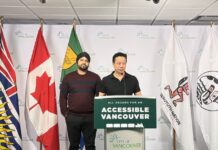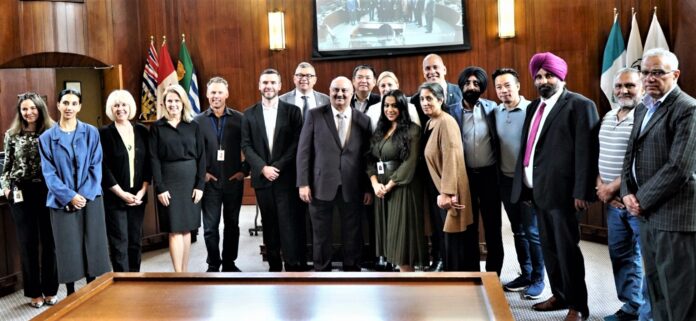
VANCOUVER City Council on Tuesday announced that “Canada Place” will be given a secondary, honorary street name of “Komagata Maru Place.”
This decision forms part of the City’s ongoing efforts to redress historical discrimination against South Asian communities and is informed by community input and support.
The site for the honorary naming was chosen due to its historical significance, being the location closest to where the Komagata Maru ship, also known as Guru Nanak Jahaaz, docked in 1914.
The ship had 340 Sikh, 27 Muslim and 12 Hindu passengers onboard. They were mostly from Punjab, British India, and most were denied entry into Canada, marking a significant historical incident of systemic discrimination.
“Today’s decision is a meaningful step towards acknowledging and rectifying our city’s historical missteps,” said Vancouver Mayor Ken Sim. “By designating ‘Komagata Maru Place’ as a secondary name for ‘Canada Place,’ we look to honour those affected by the 1914 incident and renew our commitment to learn from the past and build a more inclusive future.”
“The primary street Canada Place being provided a secondary honorary name “Komagata Maru Place” will help educate the community and remind us of how unique Canada, British Columbia, and Vancouver’s diverse makeup is,” said Raj Singh Toor, Vice President of Descendants of the Komagata Maru Society. “We are all richer when we remember how special it is to have so many different ethnic communities living together. I hope that it will help to connect Canadians, British Columbians and Vancouverites with their past to build a more peaceful and tolerant tomorrow.”
Vancouver City Council has also committed to recognizing the cultural and historical significance of the 2nd Avenue Gurdwara site in Kitsilano, known for its importance to South Asian communities. This is a historically significant location in relation to the Komagata Maru incident, as this was the site where the local South Asian community mobilized to support the passengers. Future initiatives will further explore other areas of historical and cultural significance to the South Asian Canadian communities in Vancouver.
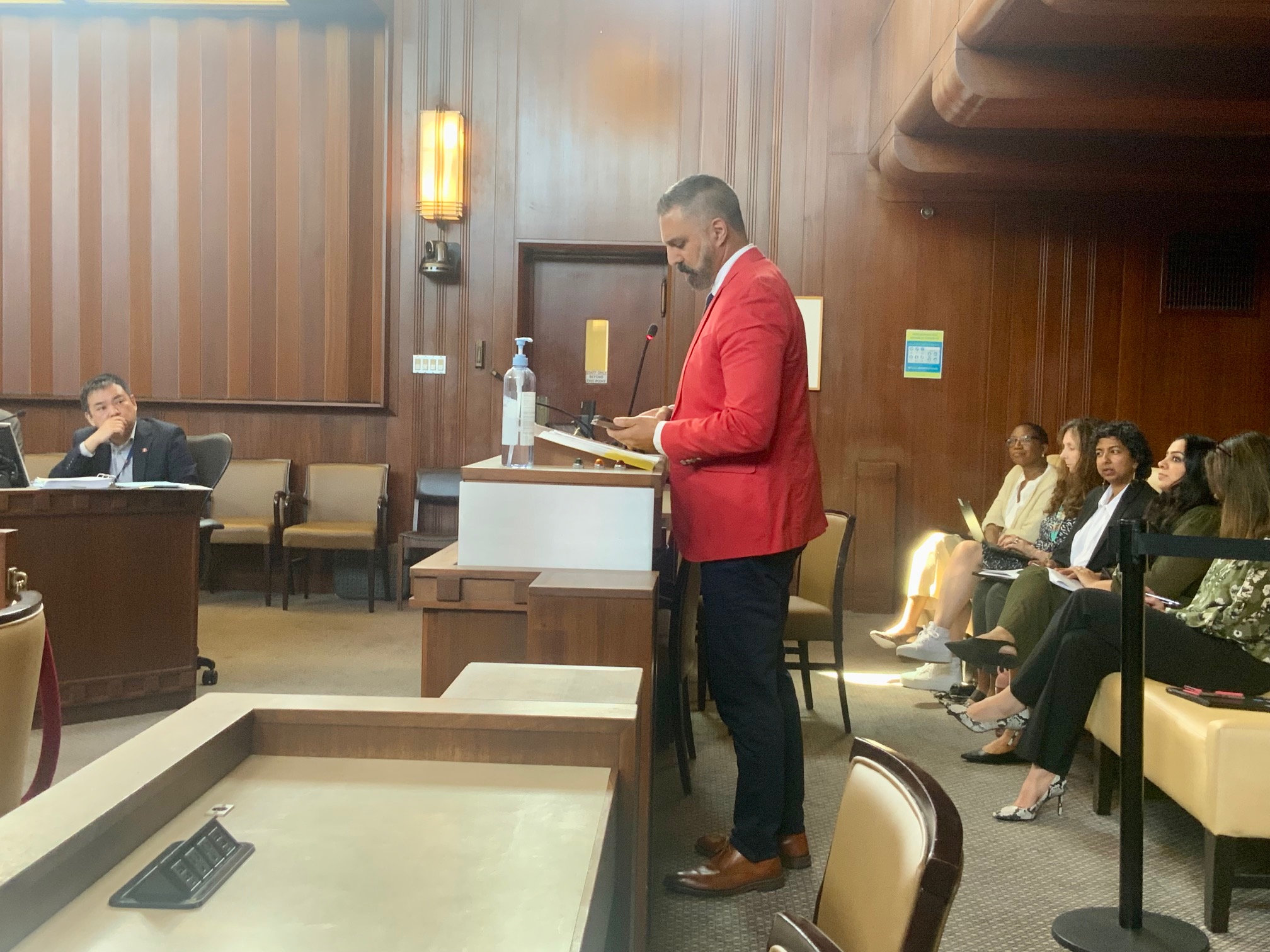
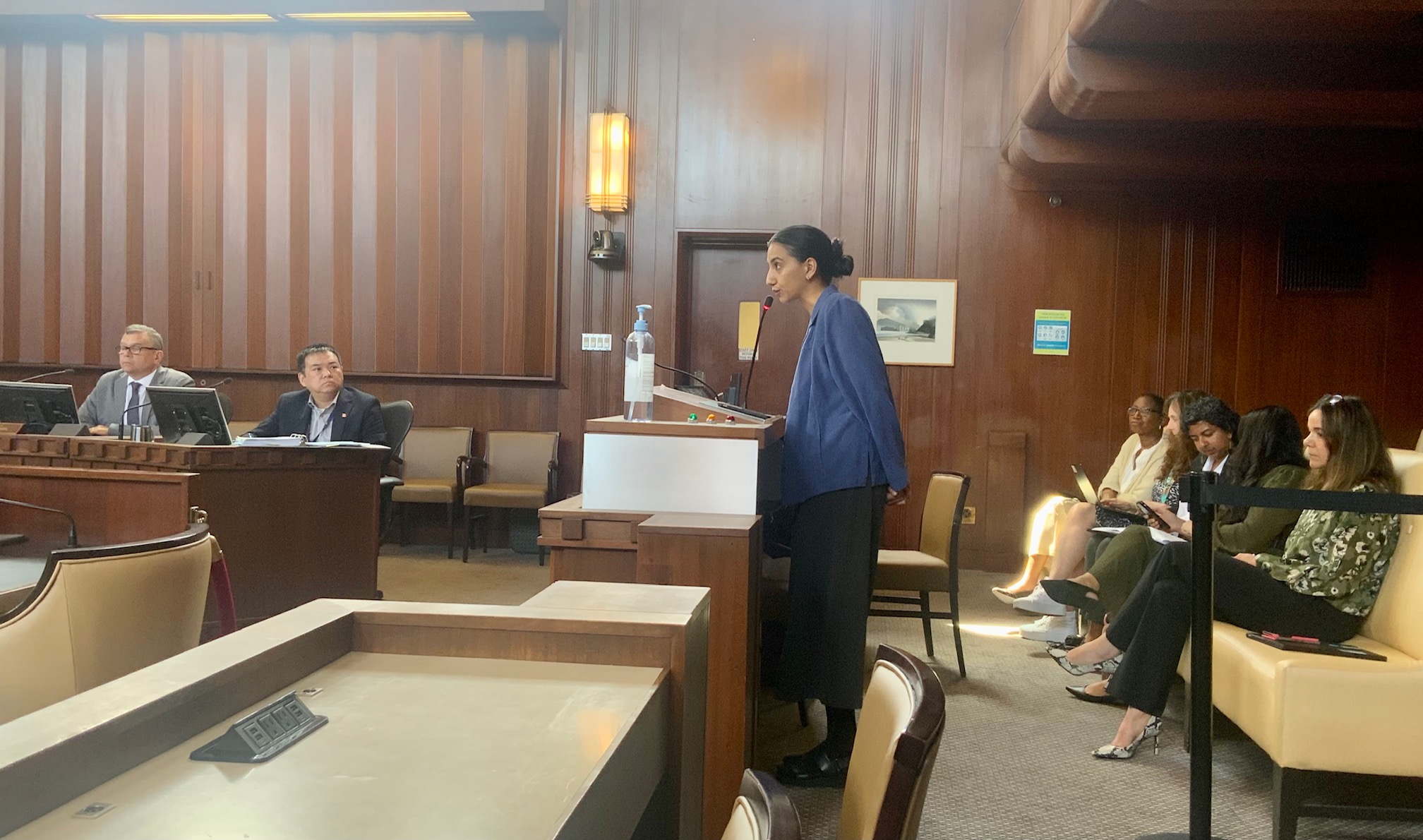
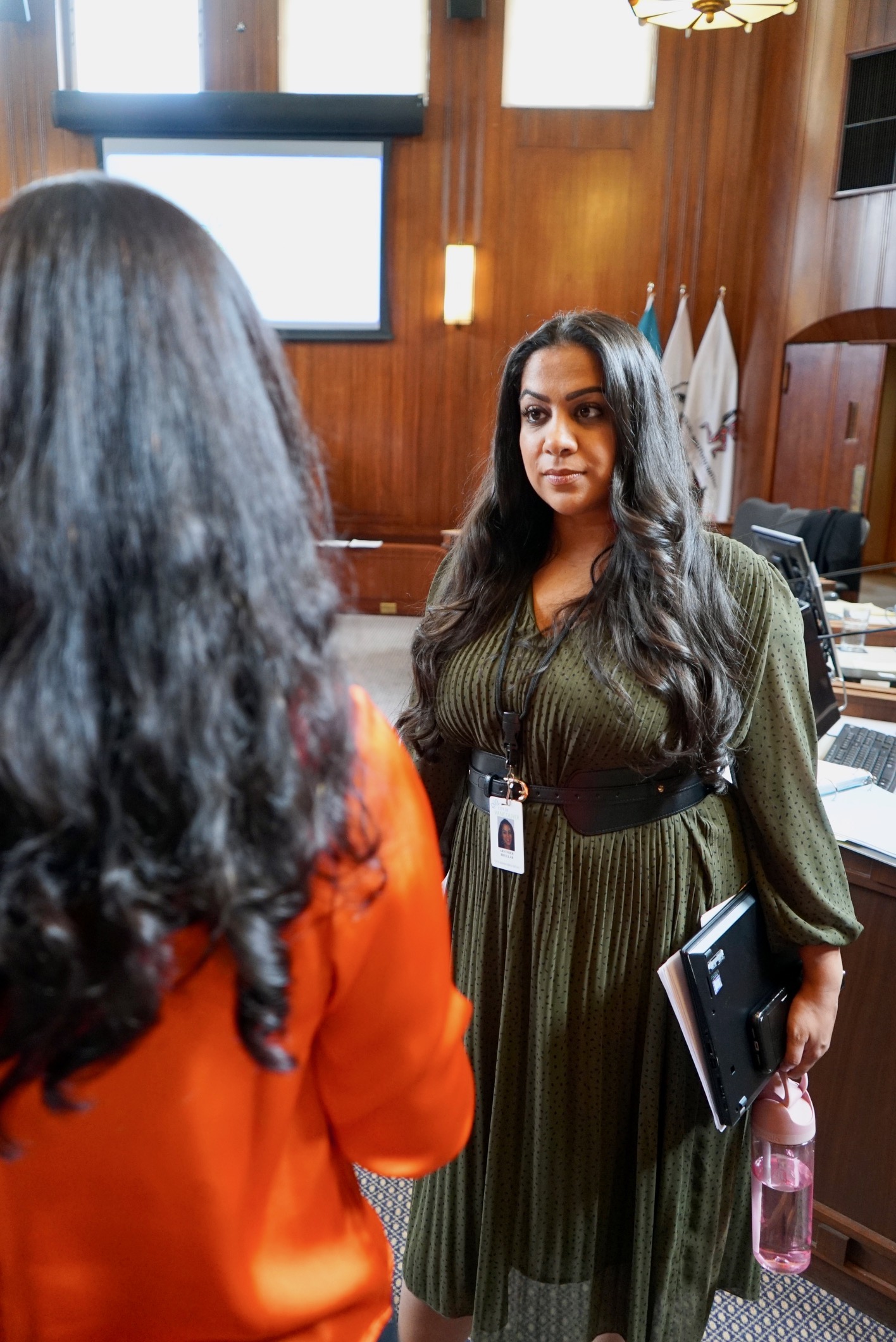
“Cultural redress is a complex and ongoing process that the City is undertaking with South Asian communities — and this work needs to continue to be done with the understanding that these communities are not a monolith. The secondary street renaming and the historical account of the partial history shared in this report are a first step in recognizing historical discrimination and holding our City to account,” said Monica Cheema, community researcher and storyteller. “I’d like to express my deepest gratitude to the members of the South Asian community who have been involved in this difficult process. We look forward to continuing to address historical discrimination and untold histories as part of the City’s larger work with South Asian communities.”
Upon approval of these recommendations, the City will initiate a community process for the design of the sign for “Komagata Maru Place” and the creation of public education materials. Efforts will also be made to enhance the monument at Harbour Park, and an unveiling ceremony is expected for late 2023.
The City will work with local South Asian community members, businesses and organizations, Musqueam, Squamish, and Tsleil-Waututh as the broader work to address historic discrimination toward South Asian communities moves forward.
Meanwhile, The Punjabi Market Collective said in a statement that it recognizes the positive impact of this decision of the City Council in acknowledging discriminatory decisions of the past. The Collective positions this step taken by City Council as a tangible gesture toward rectification of past wrongdoings. This moment and these decisions have held significant importance to the Punjabi Market Collective Board and the Punjabi Market community in building a bridge towards more inclusivity and equity for Vancouverites.
“On behalf of the Punjabi Market Board, we are pleased to see City Council officials recognize their past wrongdoings and take action,” said Pall Beesla, Director of Community Partnerships of the Punjabi Market Collective. “This moment holds a significant moment for not only the board but for the Punjabi Market Community in commemorating our elders that have paved the way for the South Asian diaspora.”
For the full report on the “Komagata Maru Place” secondary street renaming, follow this link.
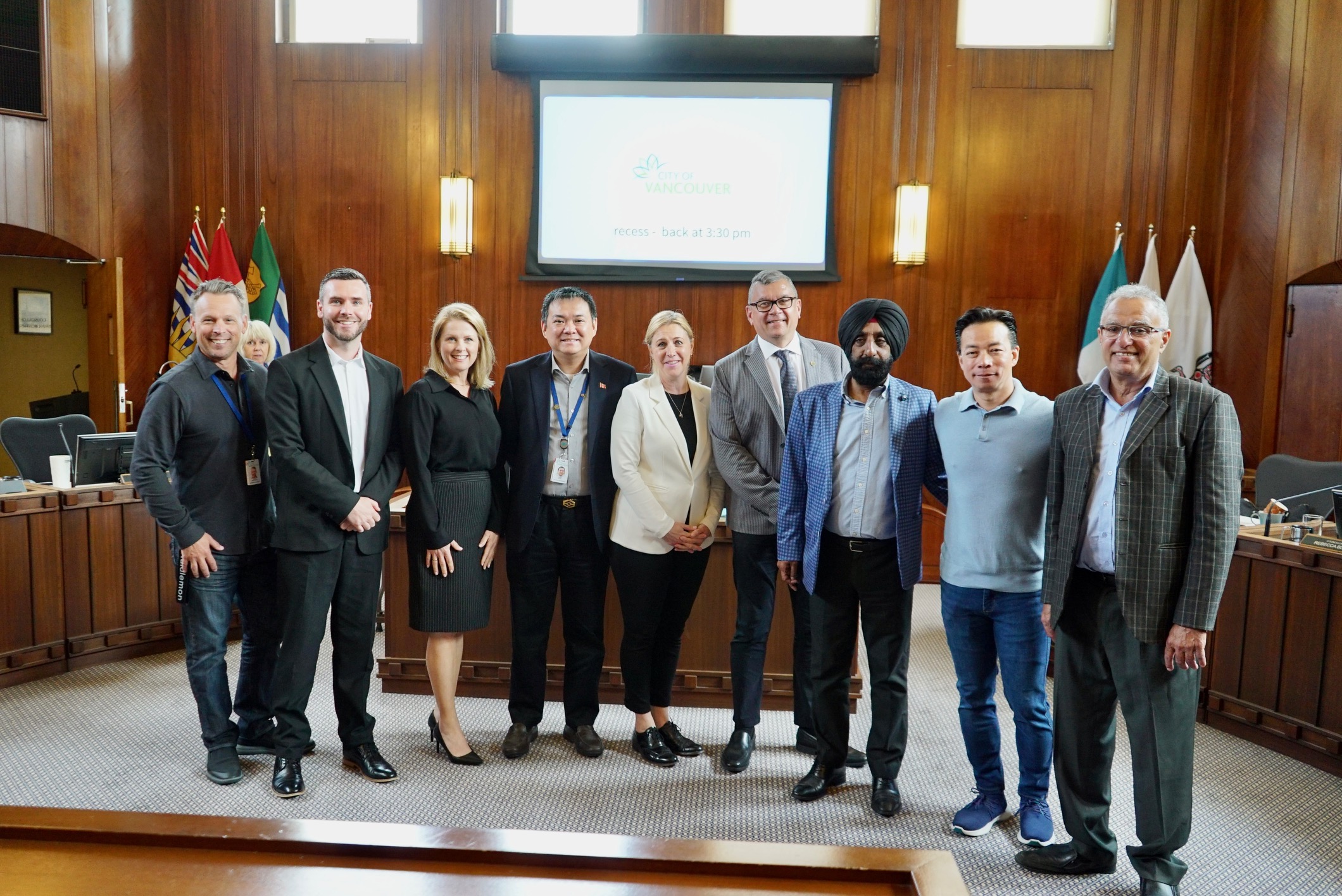
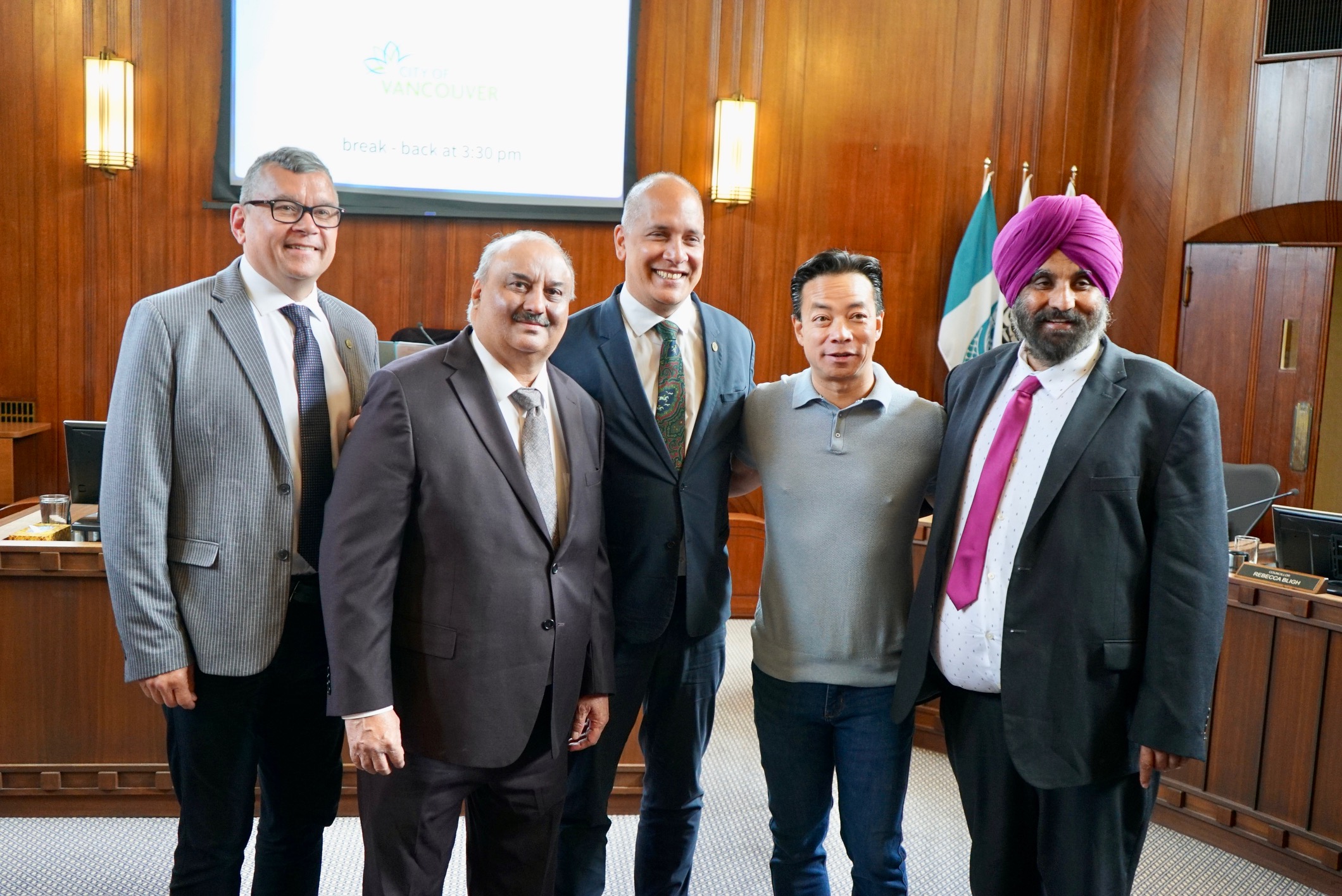
Background
On May 23, 1914, the Guru Nanak Jahaaz (Komagata Maru) sailed into Vancouver’s Burrard Inlet, bearing 376 passengers from Punjab, British India, seeking a brighter future. Despite possessing valid travel documents and complying with a large discriminatory $200 head tax, the passengers, who were of Sikh Muslim and Hindu faith, were denied entry into Canada.
Passengers were trapped on board for two difficult months, enduring poor, unsanitary conditions. They often went without food and water for days. Despite reaching out for help, including writing letters to the Mayor of Vancouver, the local authorities ignored their pleas. South Asian communities raised funds to pay for the expensive legal fees of the passengers who were fighting their deportation orders, as well as for food, water and medication, supplies that they attempted to get to passengers. There are also accounts of local Indigenous peoples attempting to get supplies to passengers, but they were unsuccessful as the Government restricted access to the ship.
A legal challenge of the deportation order ensued, spearheaded by passenger Gurdit Singh and lawyer Joseph Edward Bird and backed by the local South Asian community, which was unsuccessful. The ship was escorted by the Canadian military from Canadian waters and returned to India, where those on board were labelled as political disruptors. This led to a tragic aftermath where 19 passengers were killed by British Indian troops, numerous were injured, and many more were imprisoned.
In 2021, Vancouver City Council issued an official apology for its role in this historical incident as part of its ongoing commitment to redress past wrongs and counter racism faced by the South Asian community.
For more information related to the Komagata Maru incident, visit this website.




